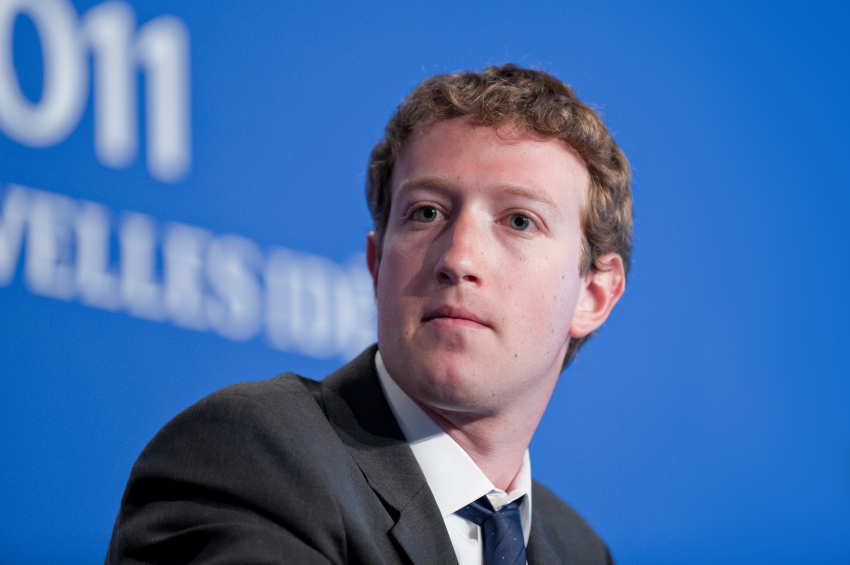
The relationship between Facebook and small businesses has been rocky at best. Initially, the site offered a huge opportunity for small businesses to reach massive audiences. Unfortunately, that opportunity dwindled once Facebook updated its newsfeed algorithm and started requiring businesses — both large and small — to pay in order to have their posts seen. According to Forrester, the average brand post now reaches just 2% of the brand’s total audience.
A recent set of updates from Facebook is likely to make things even messier. Here’s what you need to know about the new Facebook:
1. Facebook will continue weeding out “Promotional” content.
The site surveyed hundreds of thousands of people who they said they prefered to see “more stories from friends and Pages they care about, and less promotional content,” according to a blog post. That’s why the social network will be adding new “volume and content controls” to limit promotional content in each individual’s newsfeed.
2. The site defines “Promotional” content broadly.
The content that Facebook will be limiting includes:
-Posts that solely ask people to buy a product or install an app
-Posts that encourage people to enter promotions and sweepstakes
-Posts that reuse the exact same content from ads
3. New options are offered in an attempt to figure out what users really want to see (or not see).
The social media giant has added options to its “Mute” button on each user’s newsfeed. So if you click to unfollow a person (or brand), you can choose to either completely unfollow them, or simply see fewer of their posts. Facebook will also make suggestions of people and pages that you may want to follow or unfollow based on your previous choices.
According to TechCrunch, the total number of Pages “liked” by the average Facebook user grew more than 50% last year, which, while it may sound like good news, also means that it’s getting tougher to ensure that your content is getting in front of the eyes of users who care about your brand. There’s just so much content being posted, and Facebook is trying to figure out how to prioritize what goes in each person’s newsfeed. Which means that you may have more followers, but fewer of them will ever see a single one of your posts.
4. These changes have been happening gradually for the last few years.
Facebook will be rolling out its new algorithm in January of 2015. The decline in newsfeed views for branded posts shouldn’t be too big a surprise though, since organic reach on Facebook has been dropping since 2012. According to newsfeed optimization company EdgeRank Checker, organic reach per Facebook fan has fallen from 16% in 2012 to 6.51% in 2014. Ogilvy estimated that the percentage was even lower for big brands — pages with more than 500,000 “fans” reached only about 2% of them in 2014.
5. The new rules could have big implications for marketing your small businesses.
The changes mean that anything promotional you post on your business’ page will reach fewer and fewer people. If you want to maximize the organic distribution of a post, you shouldn’t explicitly advertise your products or promote an app or a contest.
Basically, from now on if you want a Facebook post to have significant reach, you’ll have to pay.
In the blog post announcing the change, Facebook suggested that business owners check out their guidelines and best practices — and, no surprise, their advertising offerings.
Just like Google ads, Facebook ads will still be useful, and not always expensive. Paying $20 will promote a post to 8,400-22,000 users, and spending $1,500 on a post will help it reach between 350,000 and 910,000 people. You can also pay to promote your page, website, app, event, or offer. As with posts, the more you pay, the more users you’ll reach.
Should you continue to put time and effort into Facebook marketing? Forrester suggests that it’s time to ditch Facebook when it comes to engaging consumers, and look to other social media platforms like Pinterest and to niche sites specific to your industry. Granted, with 1.23 billion active users and counting, Facebook is still where the customers are.